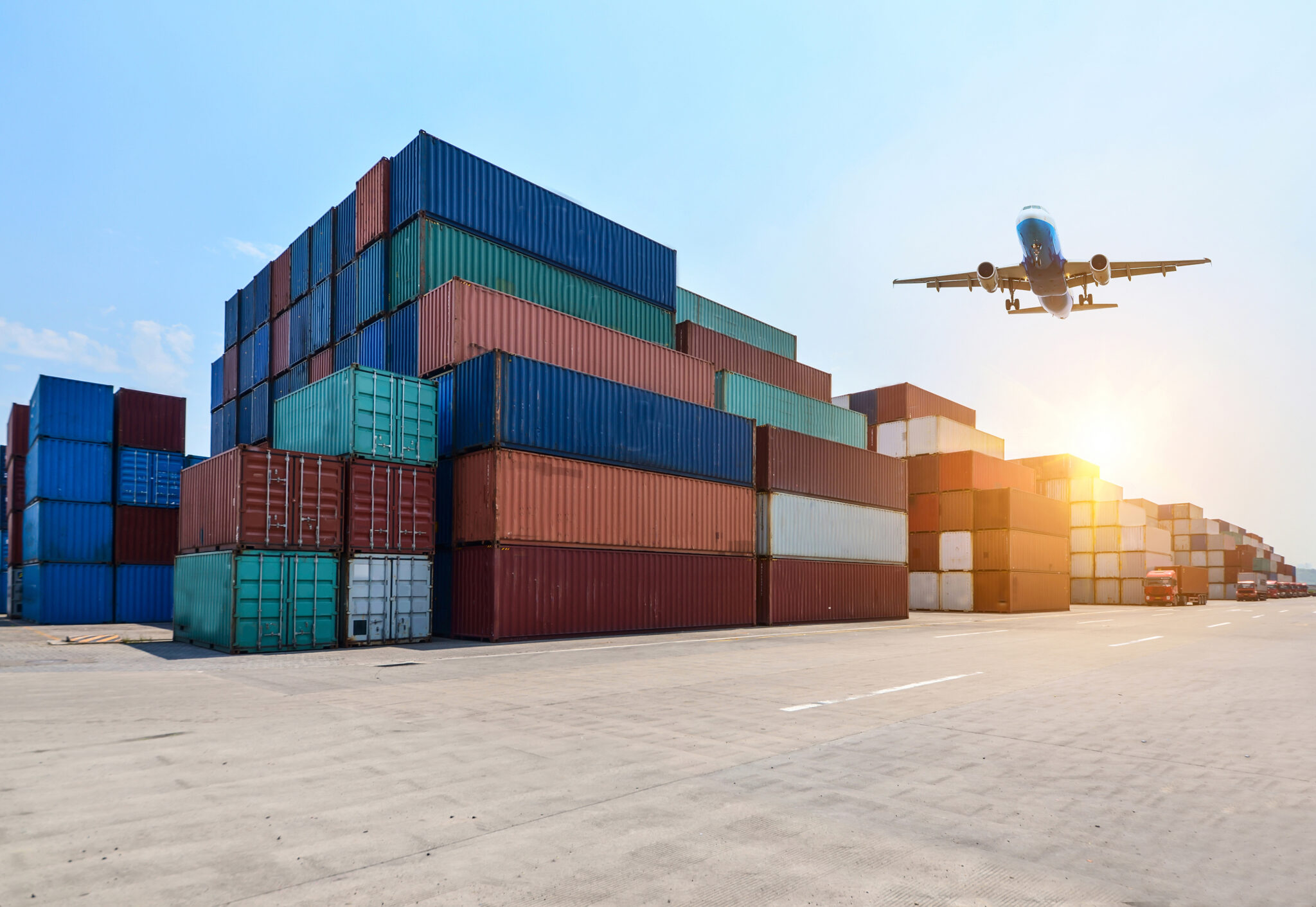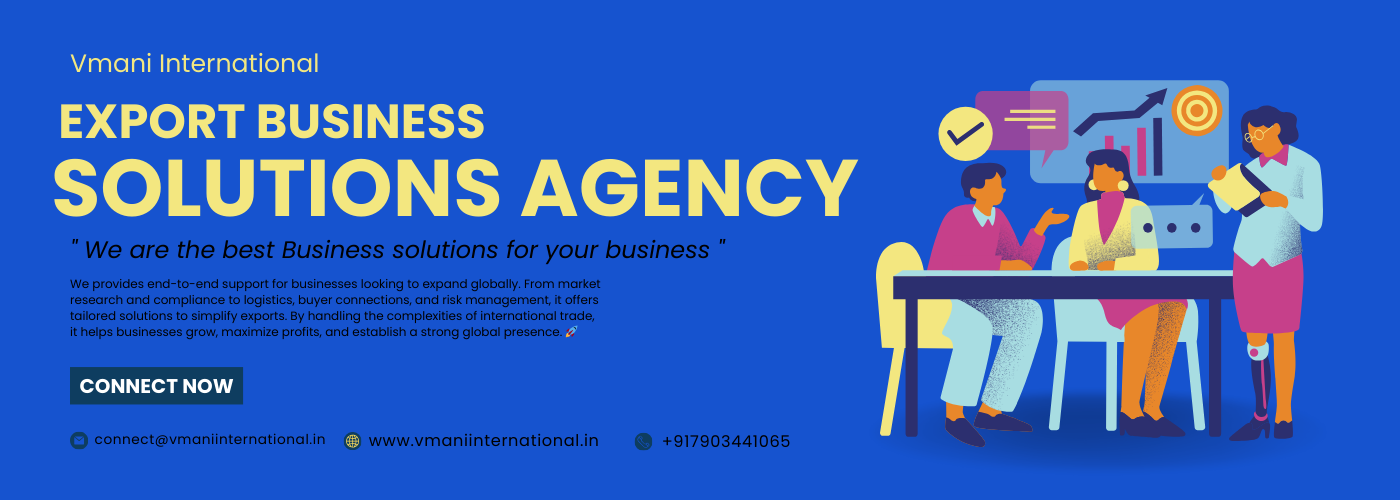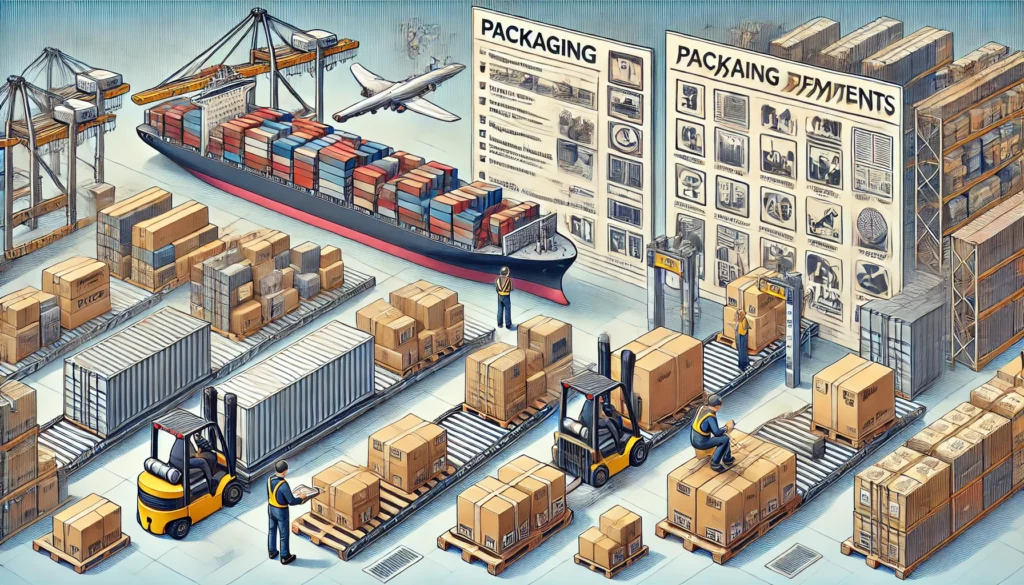Export Import Made Easy From Consultation to Execution!
“Your Gateway to Hassle Free Export Import Success!”

Unlock Global Trade Opportunities with Expert Solutions!
Smart Trade Solutions for a Global Marketplace!



How to Expand Your Business Globally: A Guide for Indian Exporters
Global trade presents a massive opportunity for Indian exporters looking to grow their businesses and diversify revenue streams. But breaking into international markets is no small feat. From identifying high-potential buyers to understanding pricing trends and cultures, the pathway to global success can feel overwhelming without the right tools and strategies.
This guide outlines practical steps to help Indian exporters unlock international opportunities, supported by expert insights and professional guidance. Whether you’re just starting your export journey or looking to scale, this comprehensive details will provide the strategies and clarity you need to grow your business beyond borders.
Why Go Global?
Expanding into global markets offers several advantages for Indian businesses. Here’s why you should consider it:
- Access to Larger Markets
Moving beyond domestic trade exposes your products to a much larger audience. Markets in Europe, the US, and Asia-Pacific present lucrative opportunities for Indian goods ranging from textiles and spices to industrial equipment.
- Risk Diversification
Depending solely on one market can make your business vulnerable to local economic shifts. International trade diversifies your revenue streams, offering stability when the domestic market slows down.
- Higher Profit Margins
Some products command higher value in international markets than they do domestically. By exporting, businesses can benefit from buyers willing to pay premium prices for niche Indian items.
- Strengthened Brand Value
Entering the global stage adds prestige and credibility to your business. Buyers—both domestic and global—view export-ready companies as reputable and innovative.
Now that we’ve established why exporting is worth exploring, let’s move on to how you can make it happen.
Latest Posts
Key Steps to Becoming a Successful Exporter
1. Understand Global Demand
Before you begin exporting, it’s crucial to understand where your product fits in the global
market. Conducting thorough research will help you answer these questions:
Which countries have a high demand for your product?
What are local consumer preferences like?
Are there any legal or regulatory barriers?
For example, data-driven tools like buyer search software or trade reports can provide
specific market insights, such as demand trends, pricing strategies, and competitive analysis.
This allows you to strategize more effectively.
2. Identify the Right Buyers
Once you’ve chosen your target markets, the next step is building relationships with reliable
buyers. Here’s how to find them:
Trade Shows and Expos
Attend international trade shows to showcase your products and initiate discussions with
importers.
Online Platforms and Trade Portals
Join verified trade platforms that connect exporters to vetted buyers across industries.
Market Facilitation Experts
Partnering with professional trade facilitation firms can make the search for verified buyers
seamless and efficient. They leverage established networks to connect you with trustworthy
partners.
Pro Tip: Always verify buyers before entering into agreements to avoid scams or fraudulent
transactions.
3. Get Familiar with Export Regulations
Each country has its specific import and export laws, tariffs, and documentation standards.
Partnering with experts who specialize in trade compliance will ensure you meet all the
necessary regulations hassle-free.
Some key requirements include:
Export licensing from DGFT (Direct General of Foreign Trade)
Understanding HS (Harmonized System) codes for your product
Customs duties and localized trade tariffs
When in doubt, relying on ethical trade consultancy services can save you from costly
mistakes.
4. Develop a Pricing Strategy
Your pricing should reflect your positioning in global markets while remaining competitive.
Here’s how to finetune your pricing:
Understand Local Pricing Trends
Research what similar products are sold for in the target market.
Factor in Costs
Include shipping, tariffs, warehousing, and inspection fees.
Set Competitive Margins
Don’t underprice yourself—add value through product quality or services like faster
shipping.
5. Leverage Trade Networks
Reliable trade networks are a powerful resource for exporters. Here are some benefits of
networking in the global trade sphere:
Access to trusted importers based on trade history and reputation
Insights into market dynamics from peers and professionals
Opportunities to form strategic partnerships that enhance credibility
Trade facilitation firms often provide connections through verified trade networks, which
minimizes risk and adds value.
6. Showcase Product Quality
Global buyers are meticulous about quality. Transparently communicate product
specifications and certifications. For certain goods, obtaining certifications such as ISO or
organic category labels will elevate trust with buyers.
Additionally, invest in professional-grade product packaging. First impressions matter, and
compelling product presentation can give you an edge in competitive markets.
7. Focus on Building Long-Term Relationships
Your engagement with buyers shouldn’t end with the first transaction. Building strong,
trustworthy relationships will ensure repeat orders and a loyal international customer base:
Maintain prompt and transparent communication.
Deliver on commitments (timely shipping, accurate product specifications).
Offer personalized gestures, like exclusive deals for long-term partners.
Challenges of Exporting & How to Overcome Them
While exporting offers immense rewards, it’s not without its challenges. Below are common
hurdles and tips for resolving them:
1. Language Barriers
Working with diverse cultures means navigating through different languages. Overcome this by hiring bilingual representatives or leveraging translation tools.
2. Currency Exchange Risks
Global trade comes with the risk of fluctuating currency values. To minimize this, explore
hedging options or work with a financial advisor specializing in international trade.
3. Competition
Standing out globally can be tough. Invest in marketing strategies like content localization
and social media campaigns tailored to your target audience.
Pro Tip: Ethical consultation companies often have expertise in solving such challenges with
tailored advice.
4. Supply Chain Disruptions
Global supply chains face numerous risks, from weather-related issues to geopolitical
tensions. To stay resilient:
Diversify your sourcing.
Partner with reliable logistics service providers.
Keep a safety stock for high-demand periods




